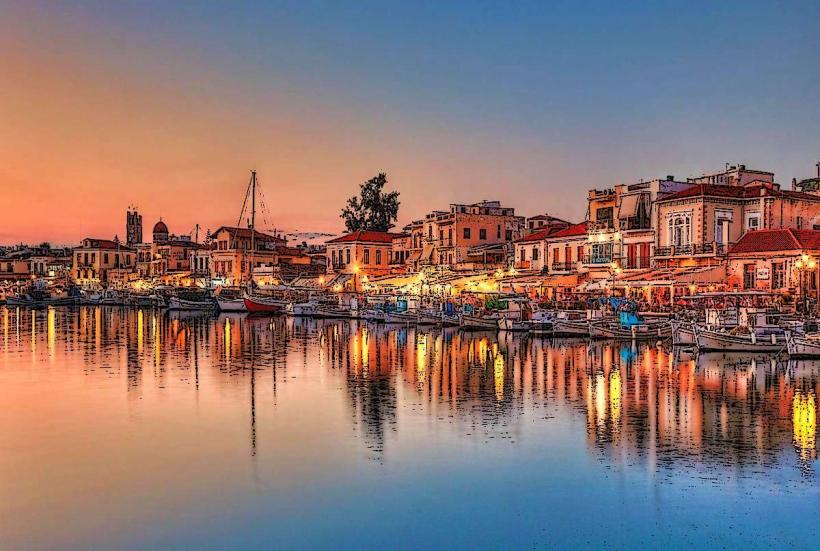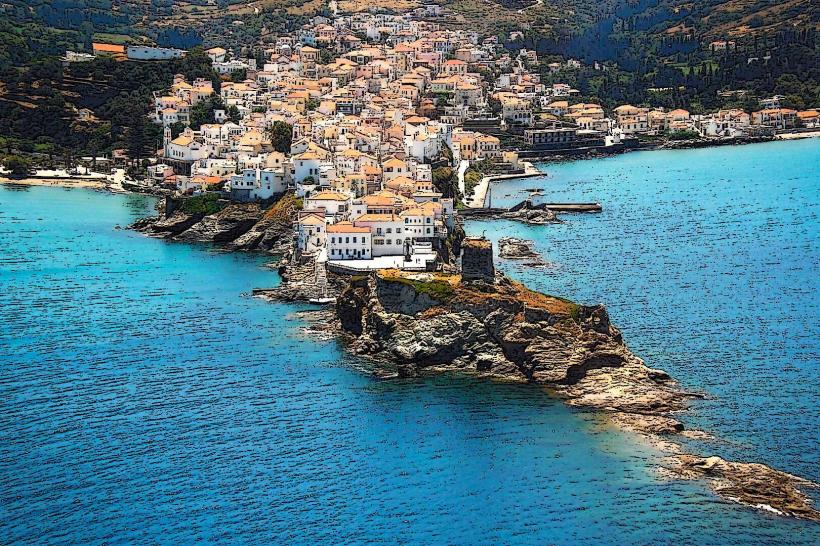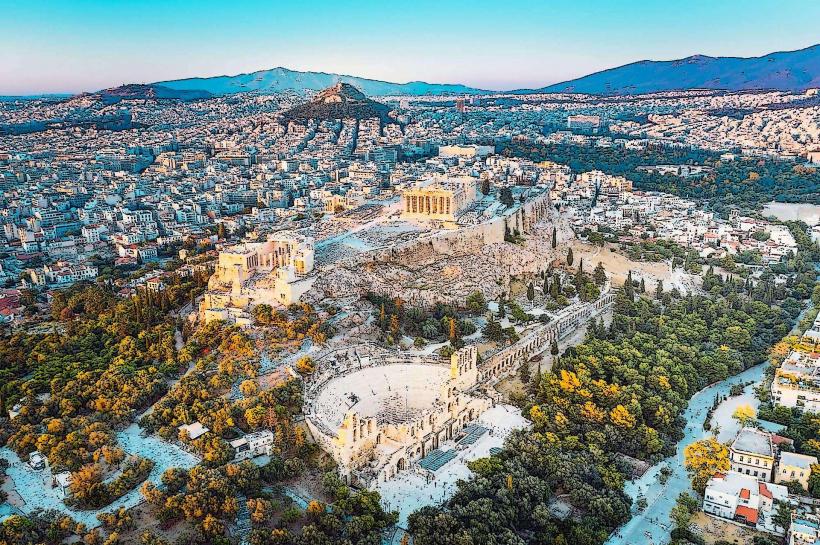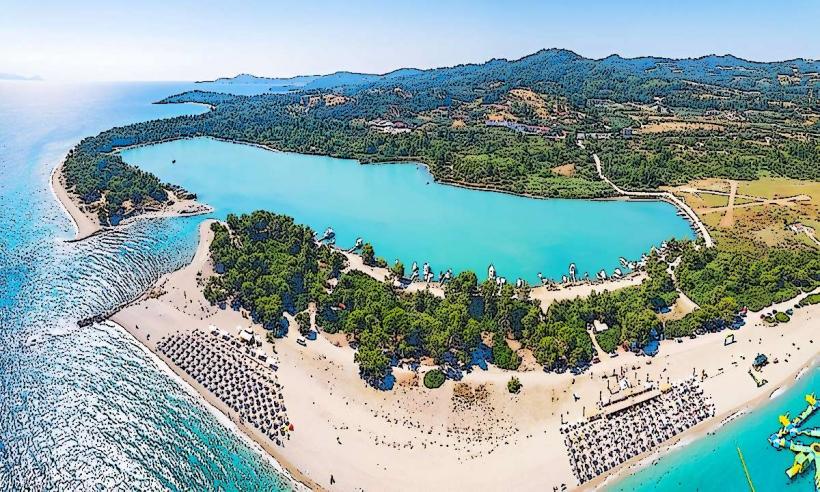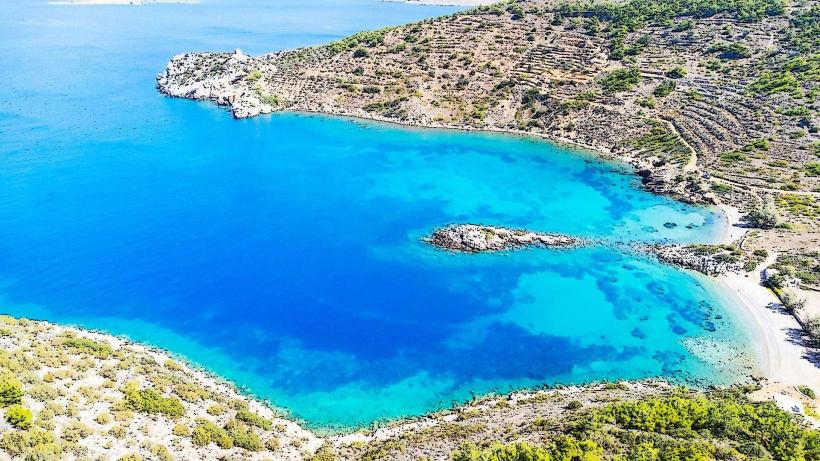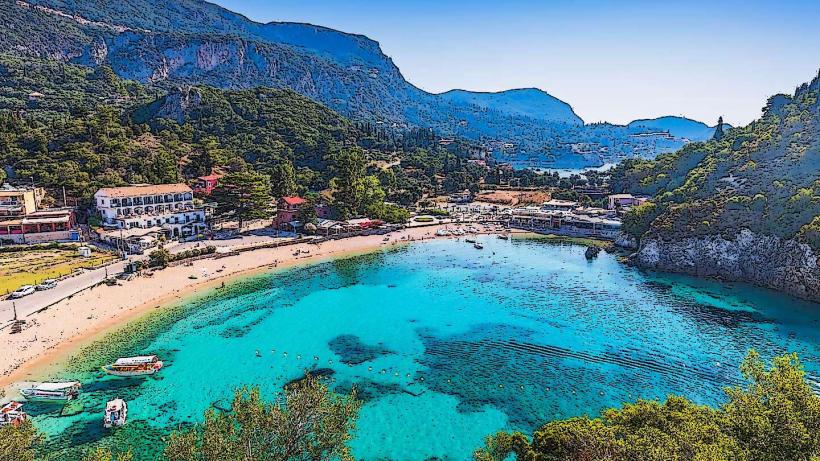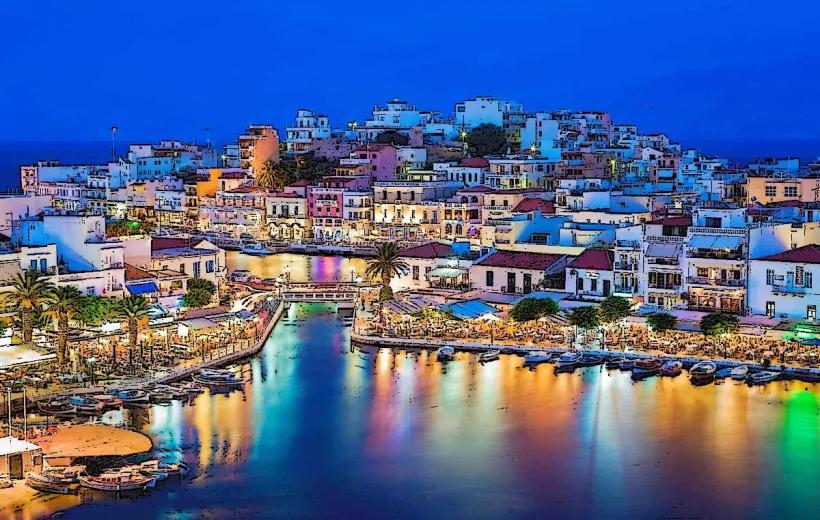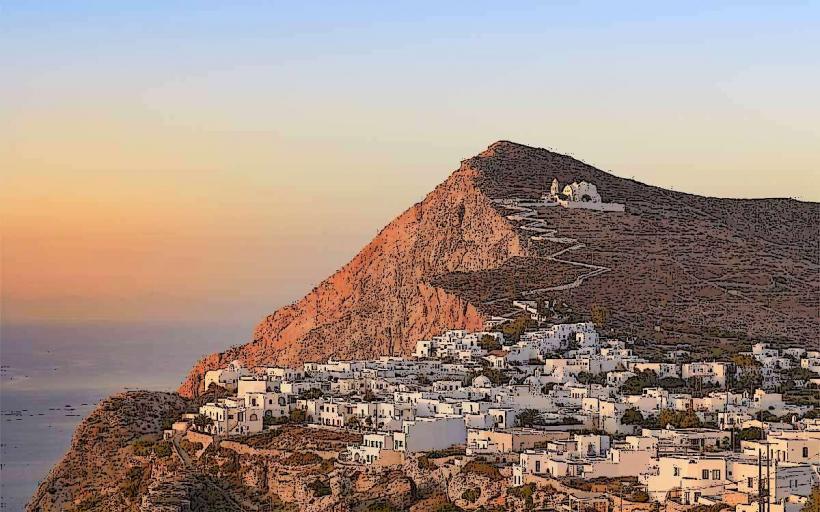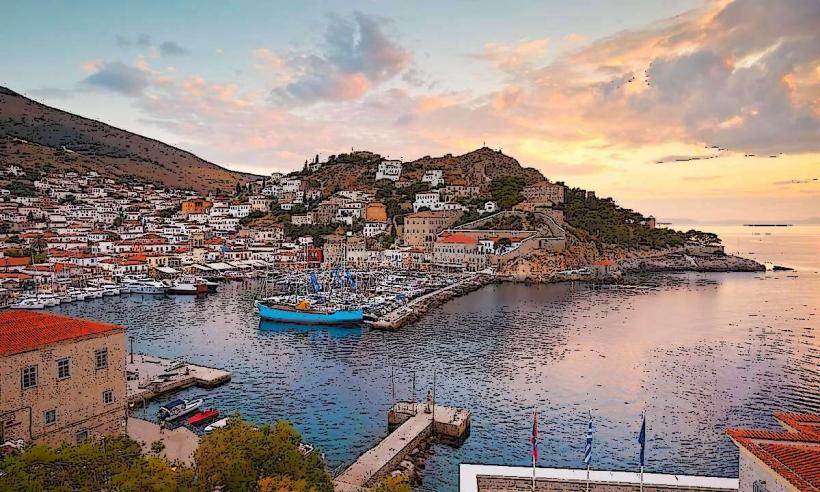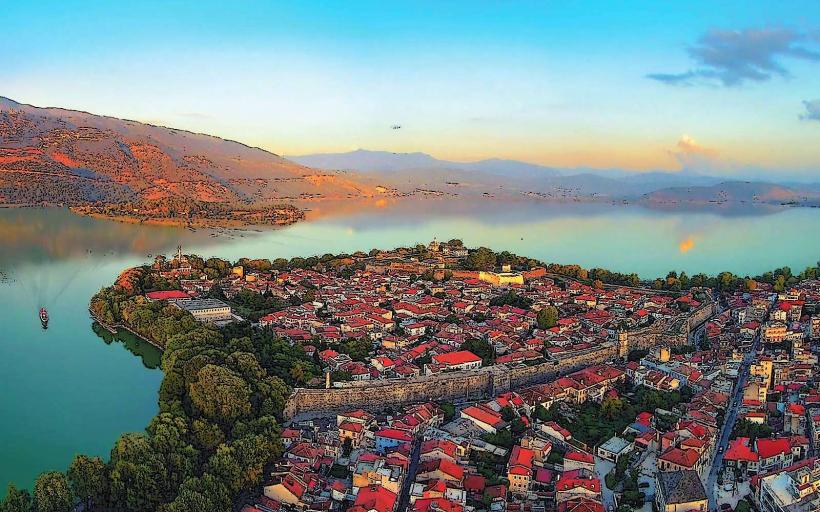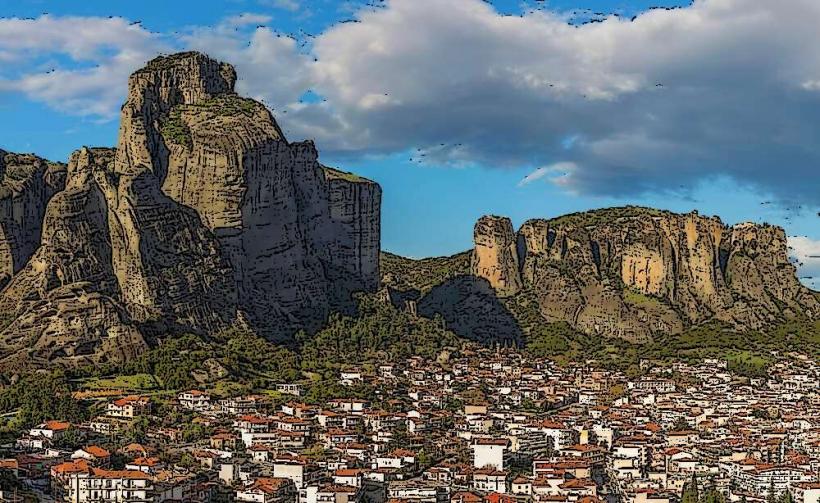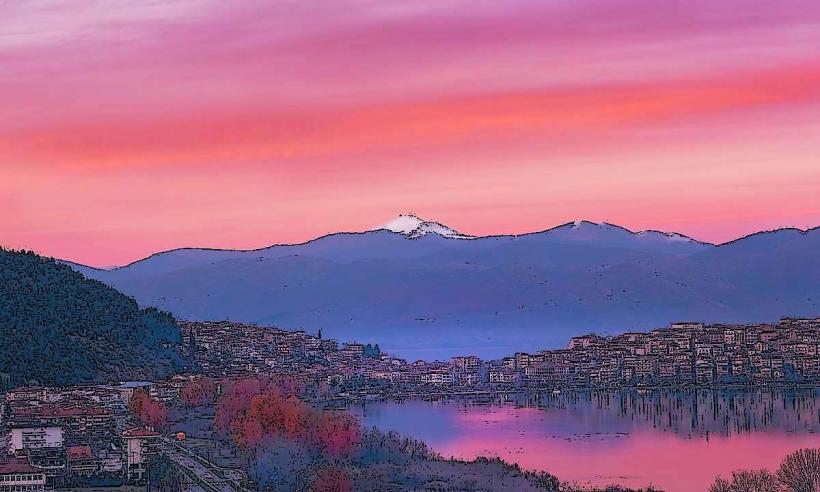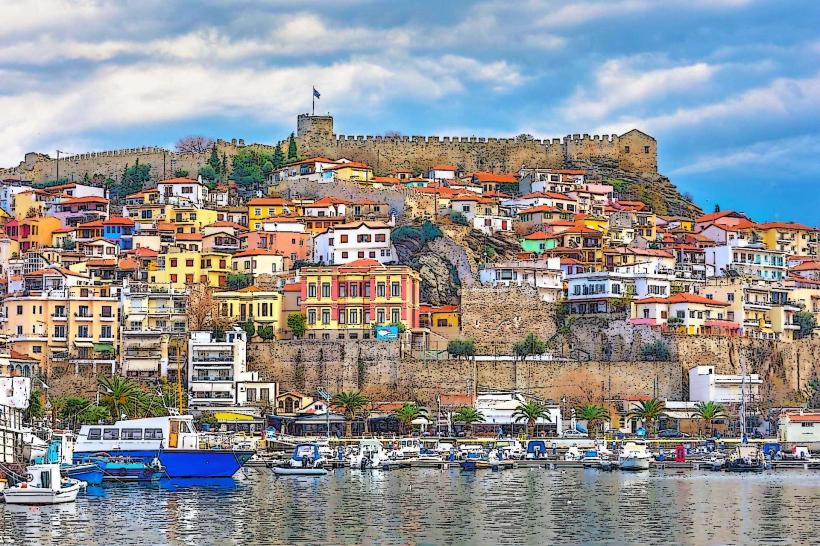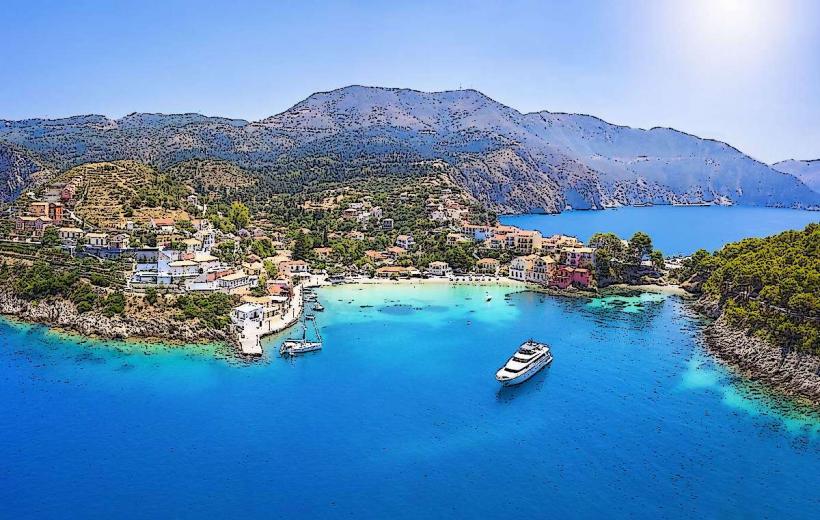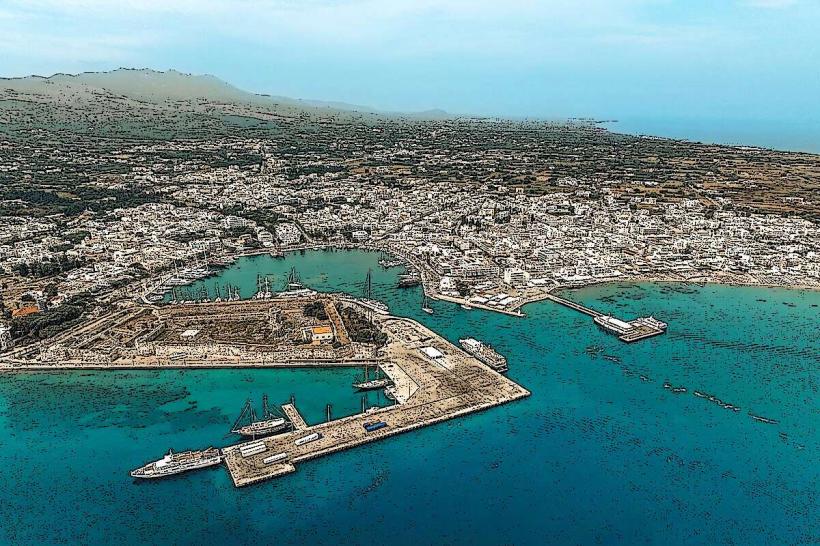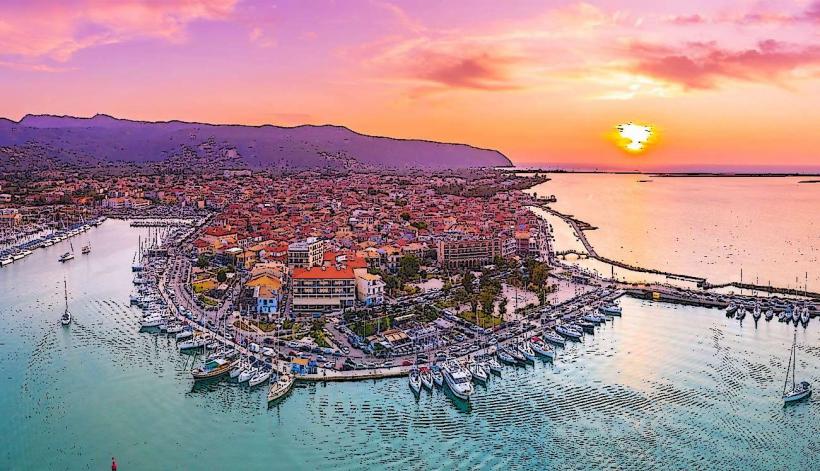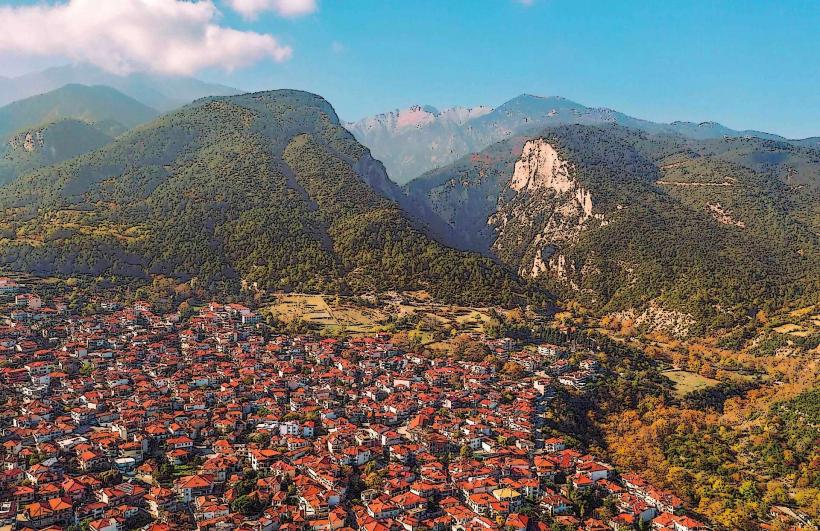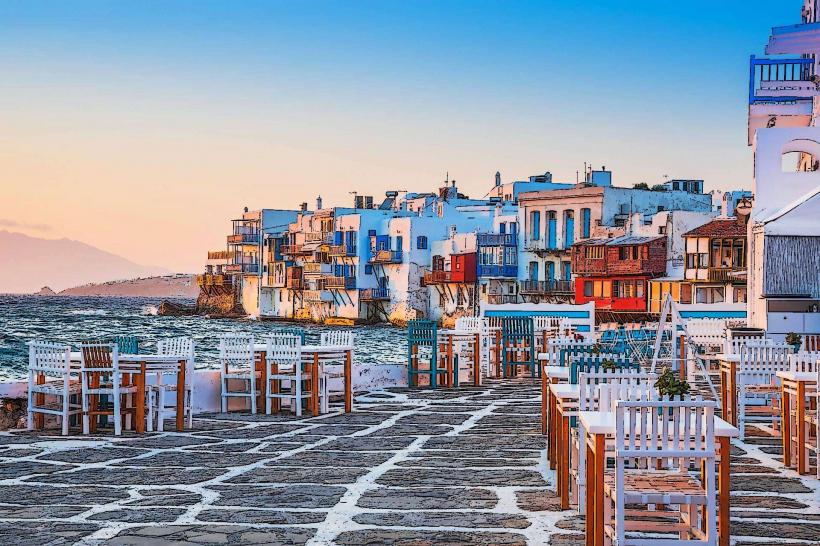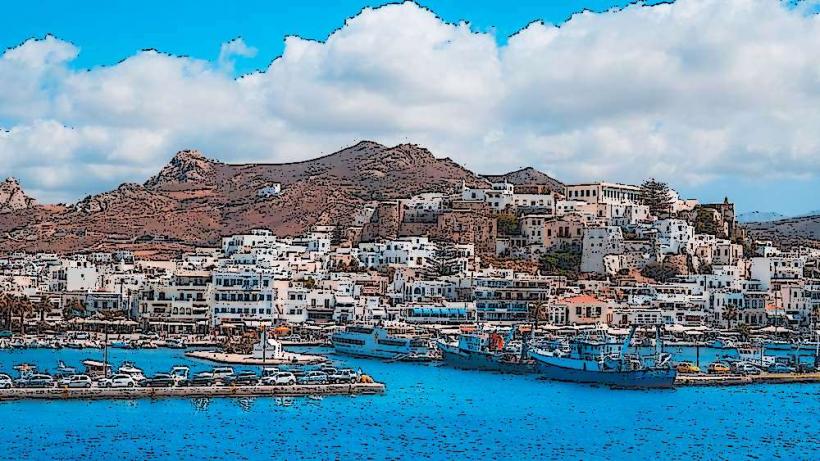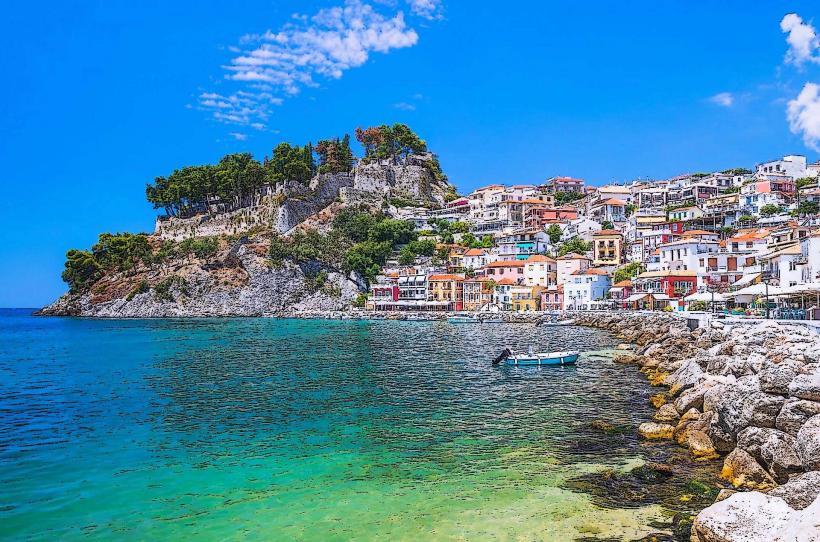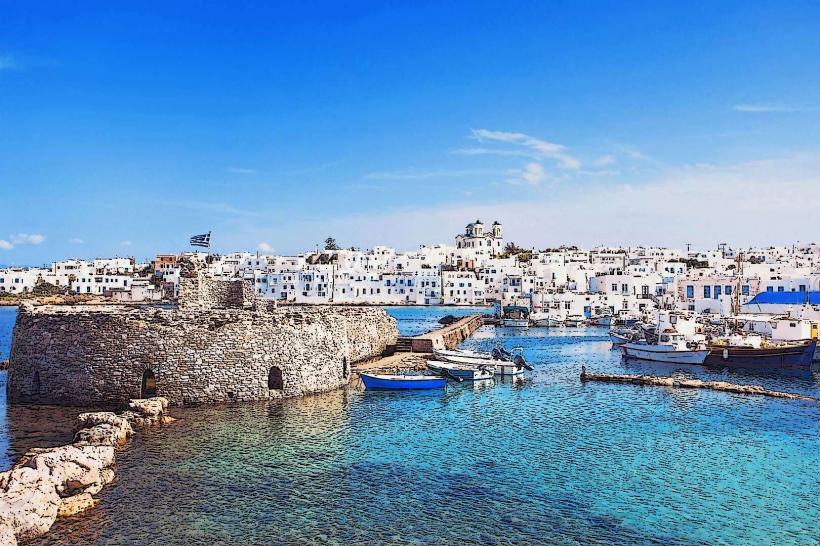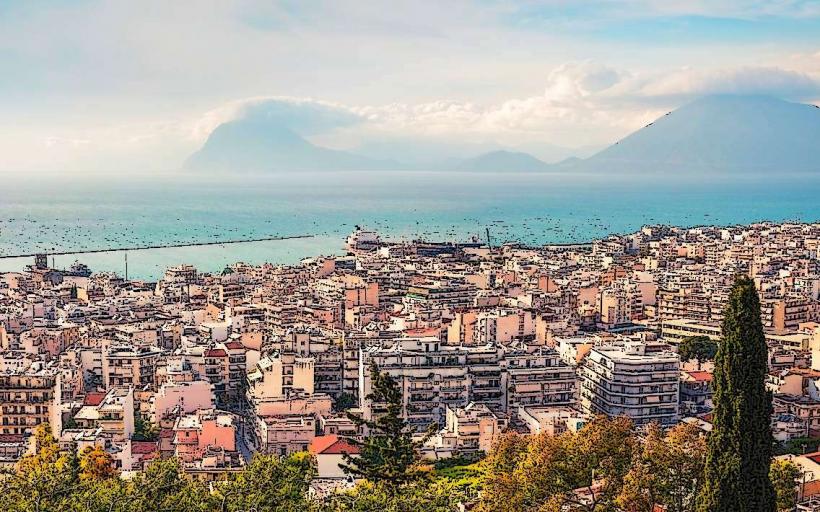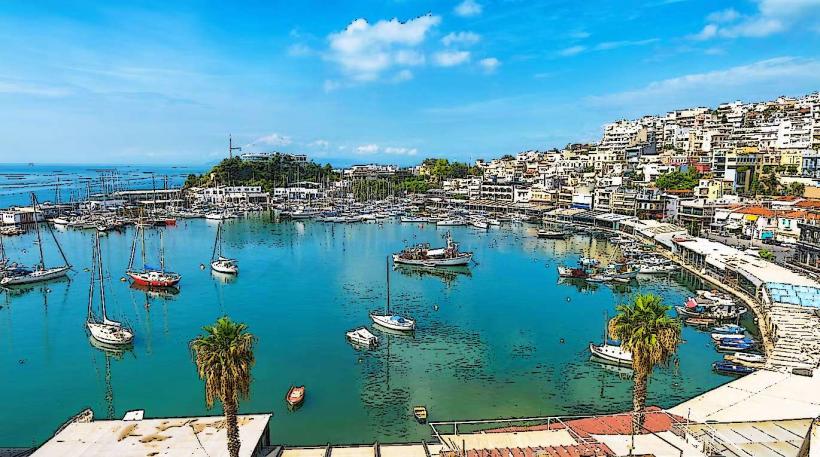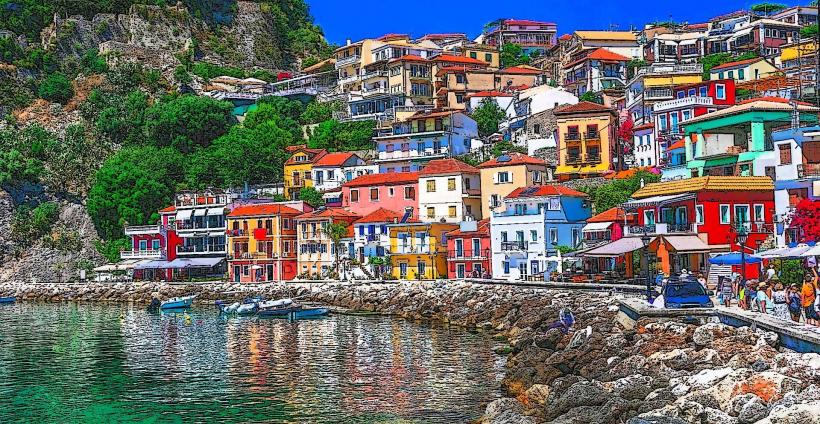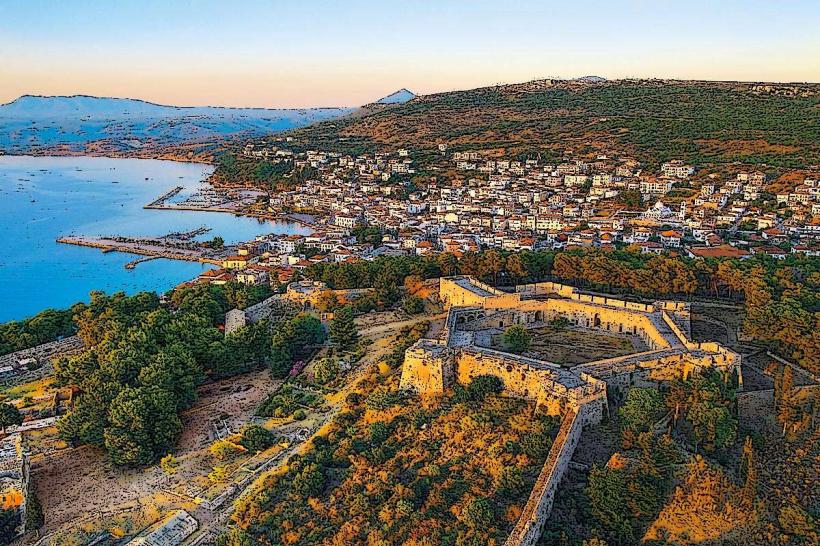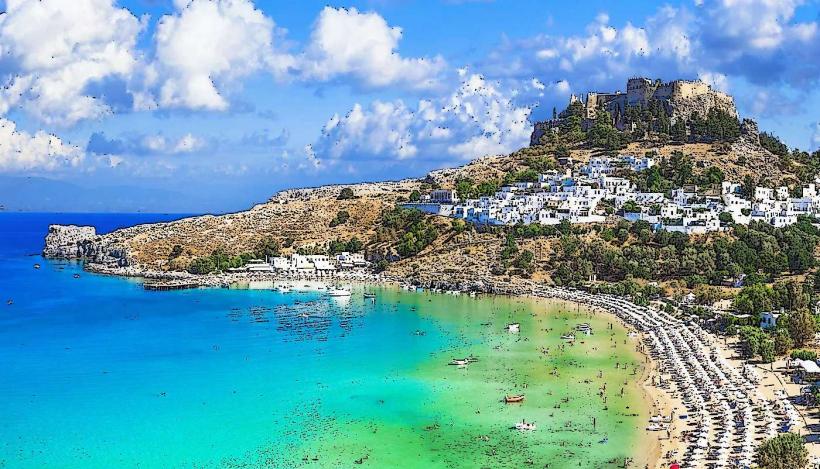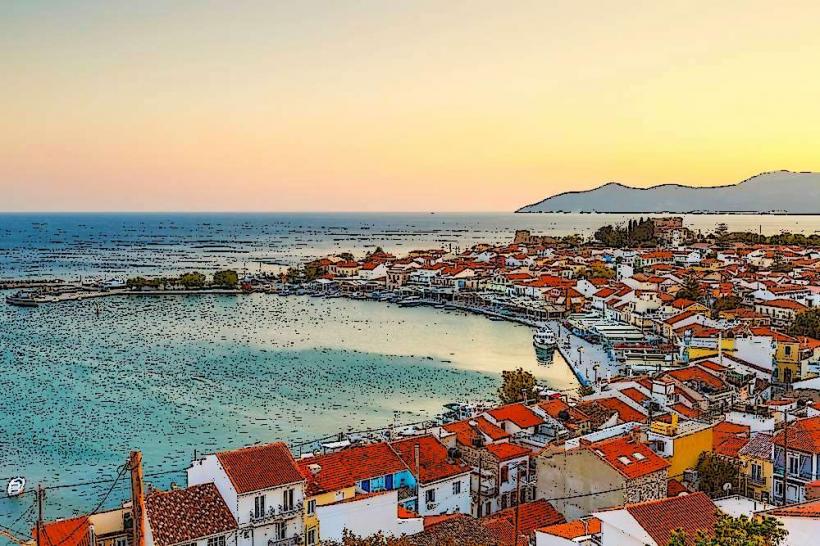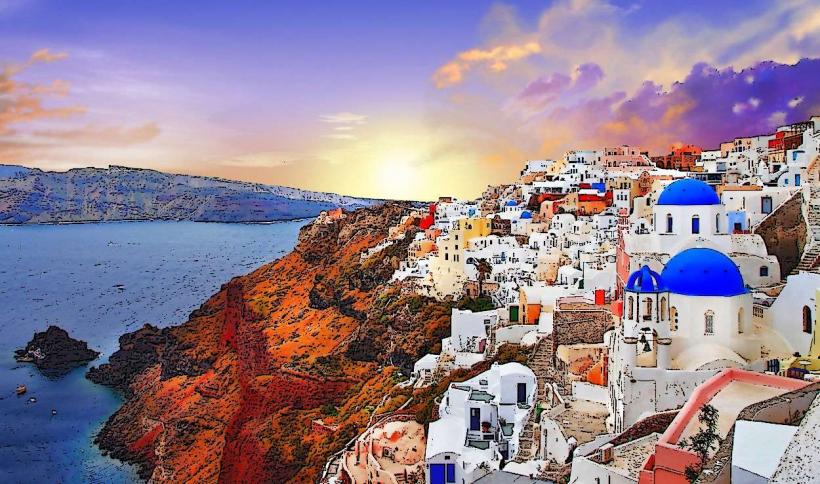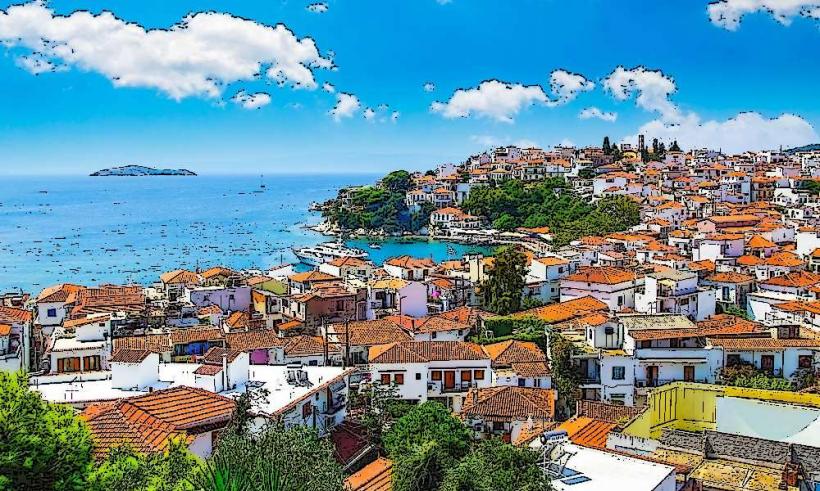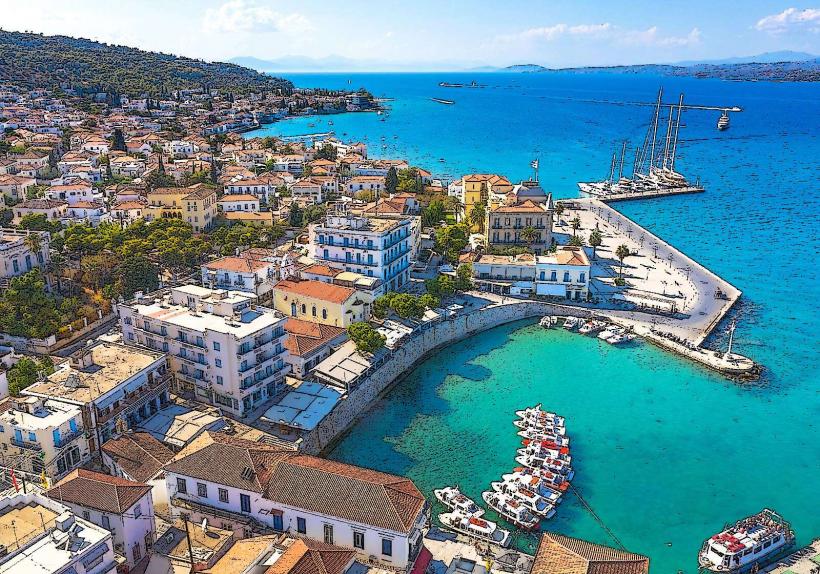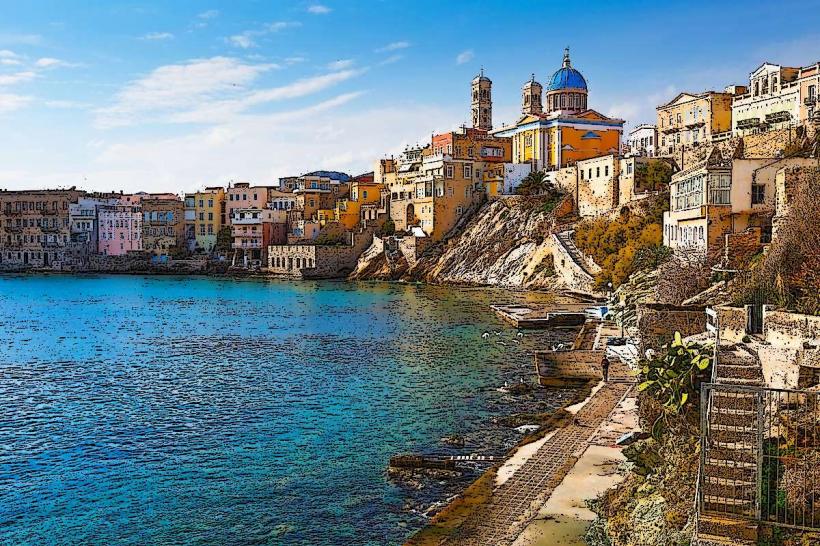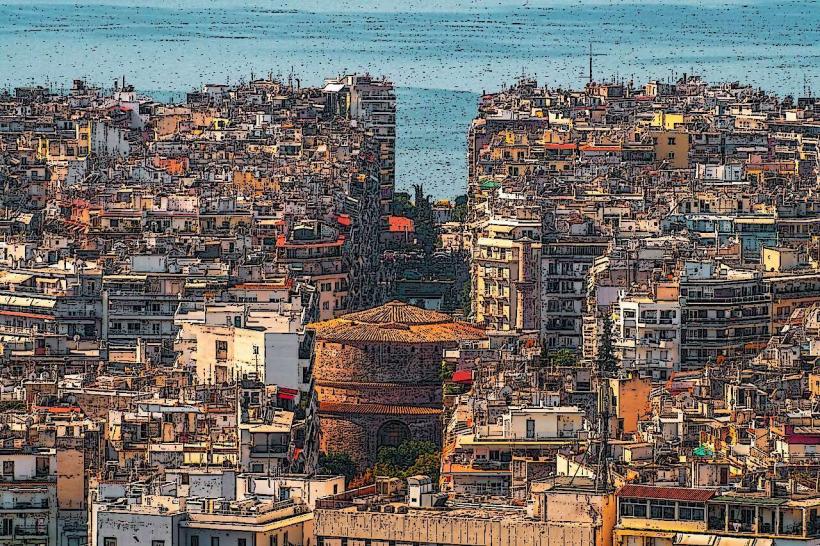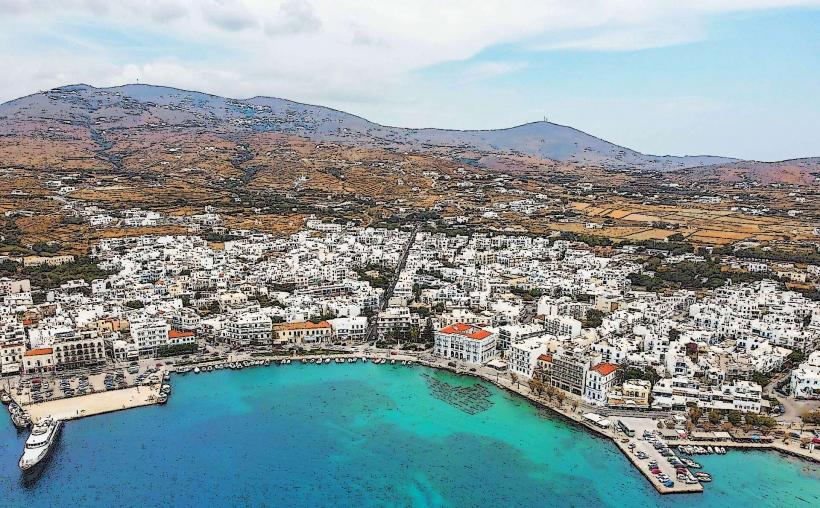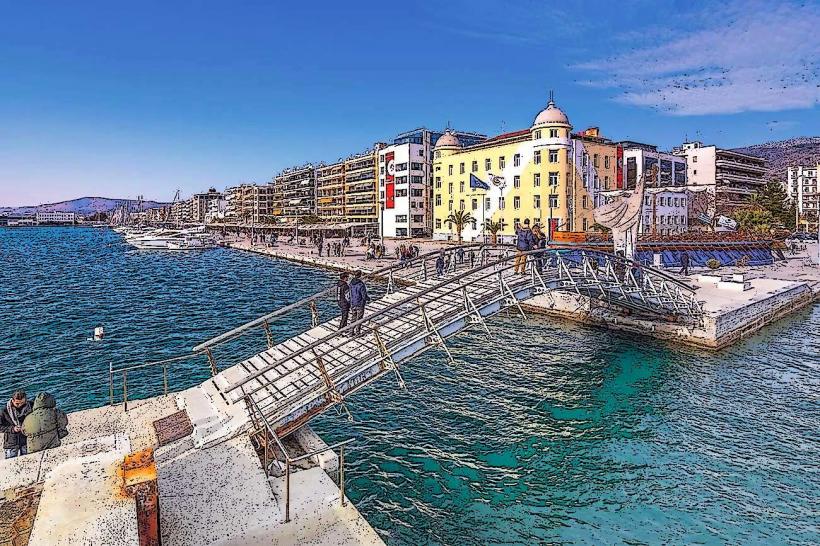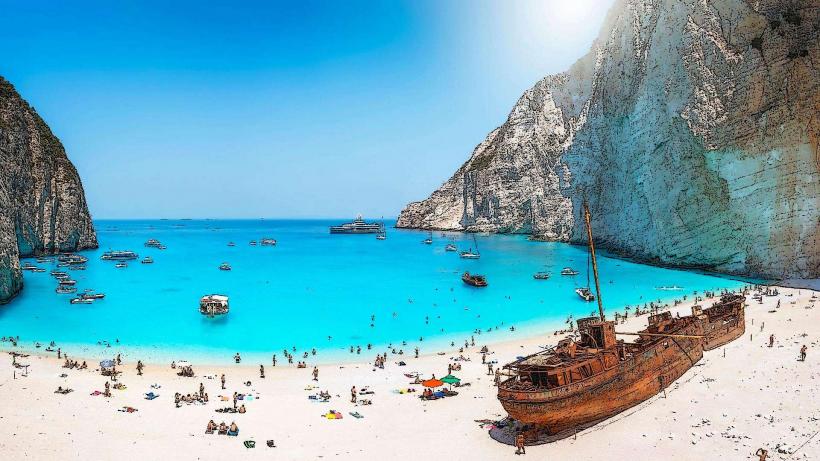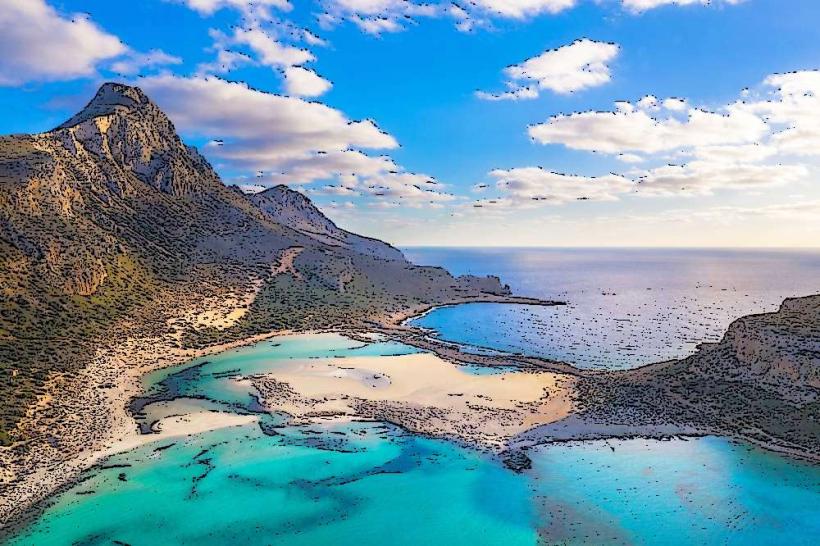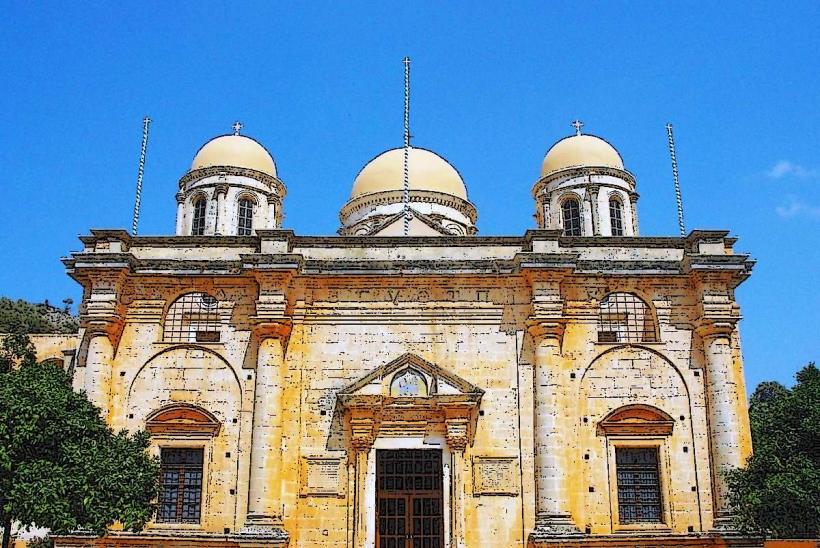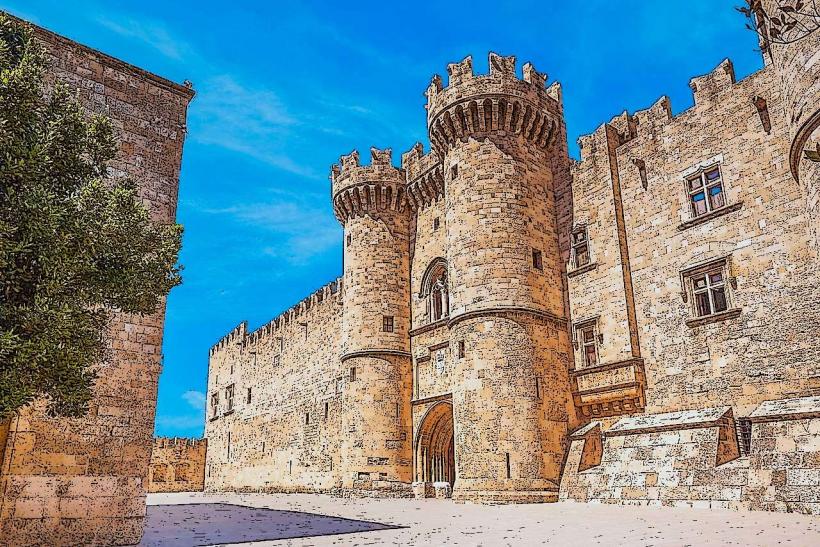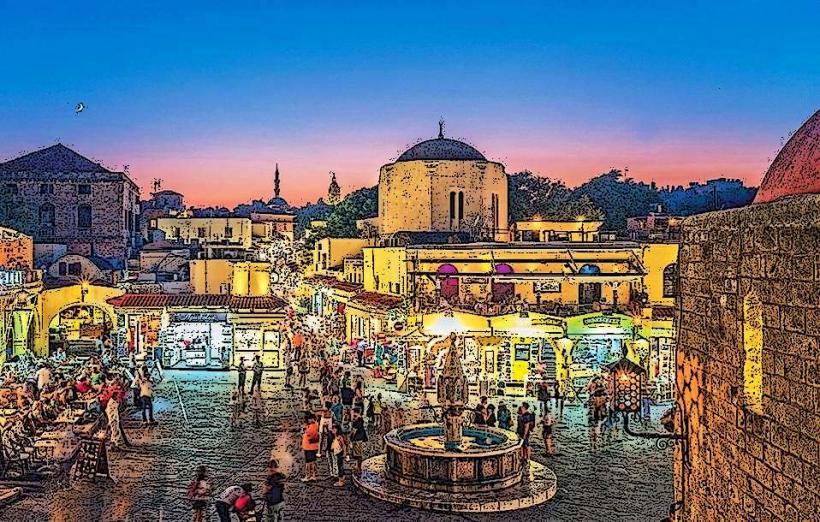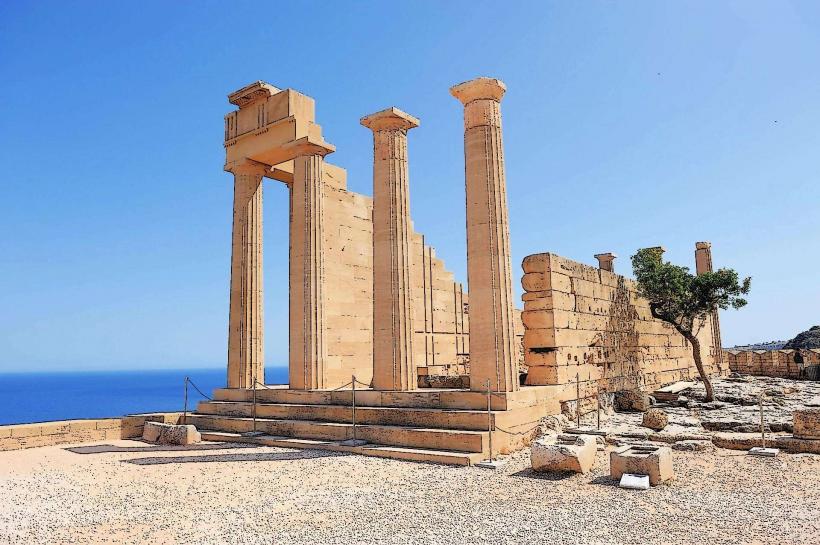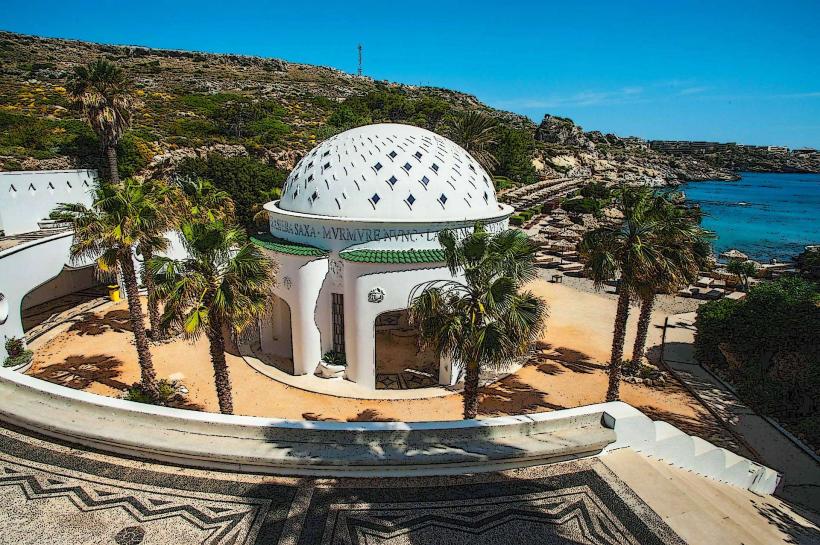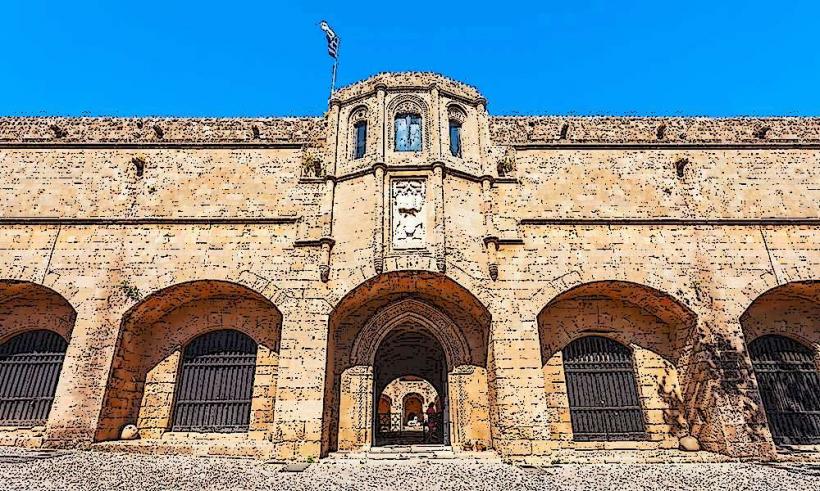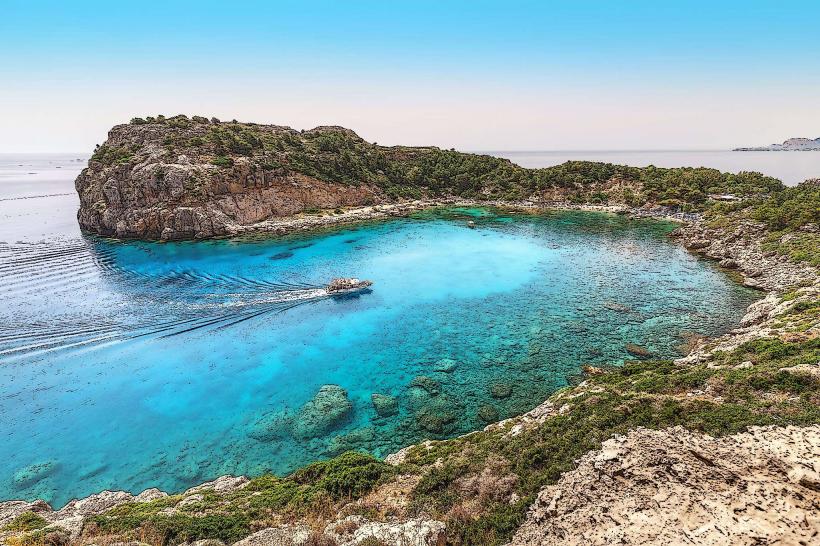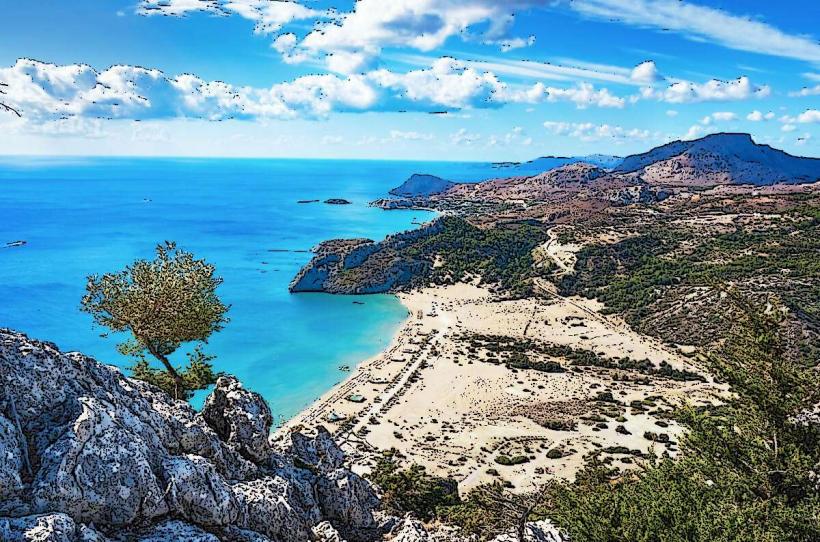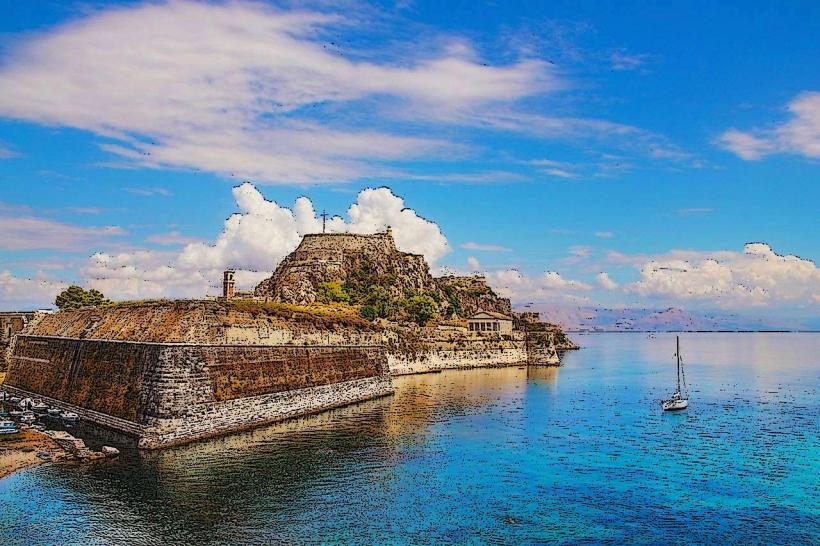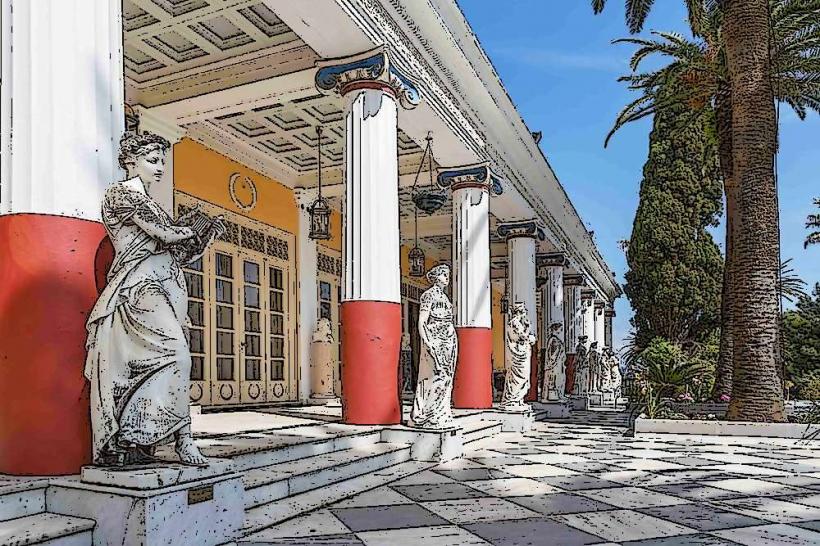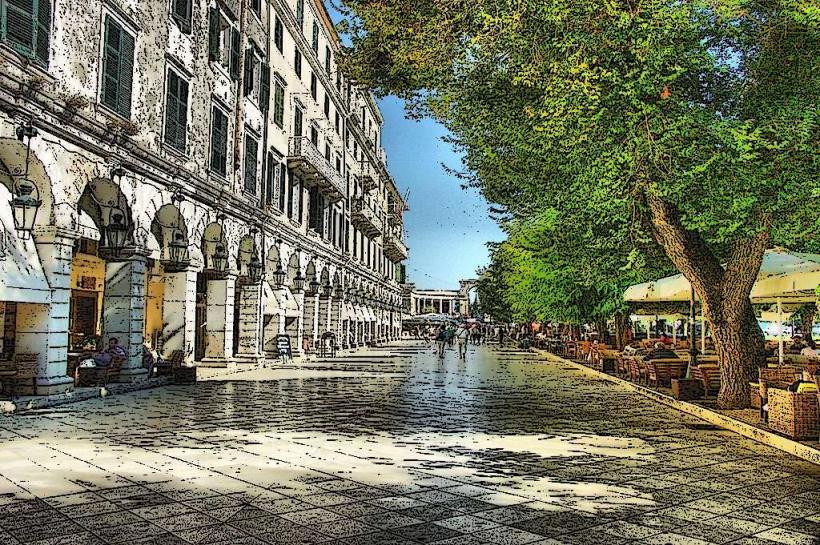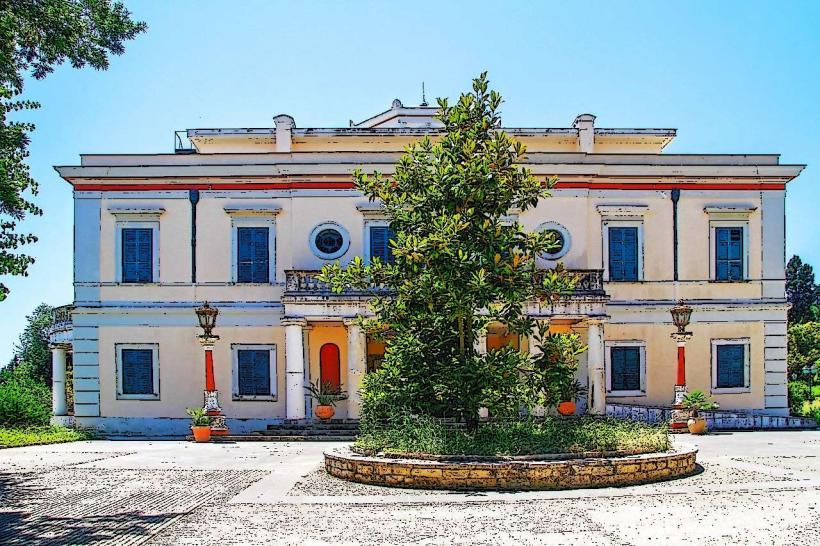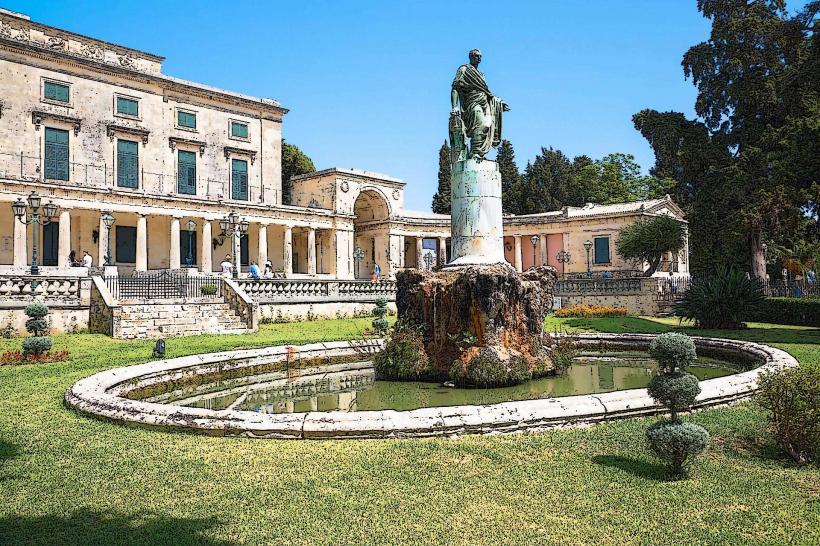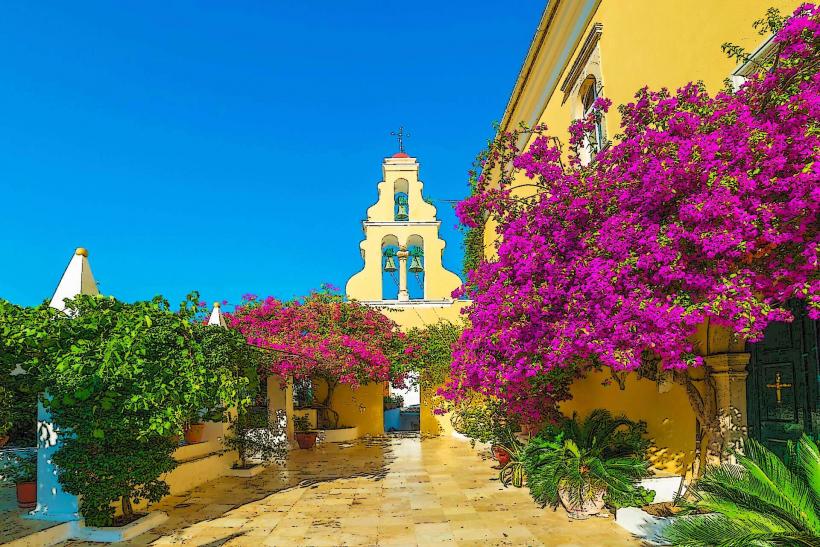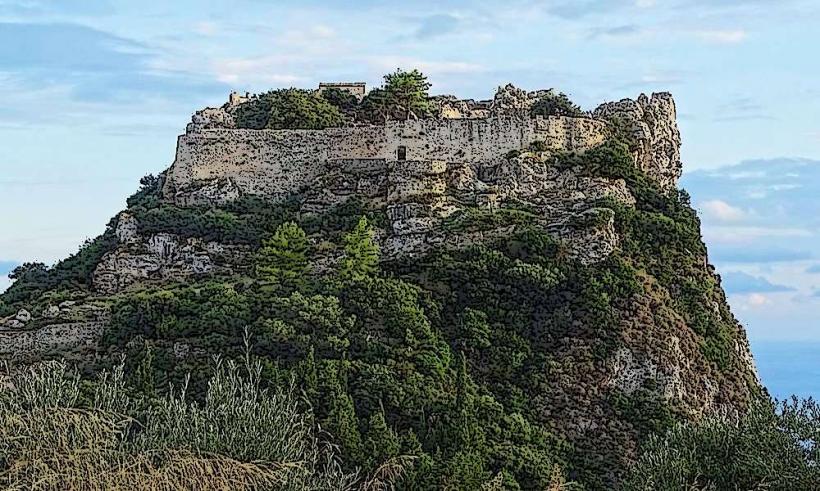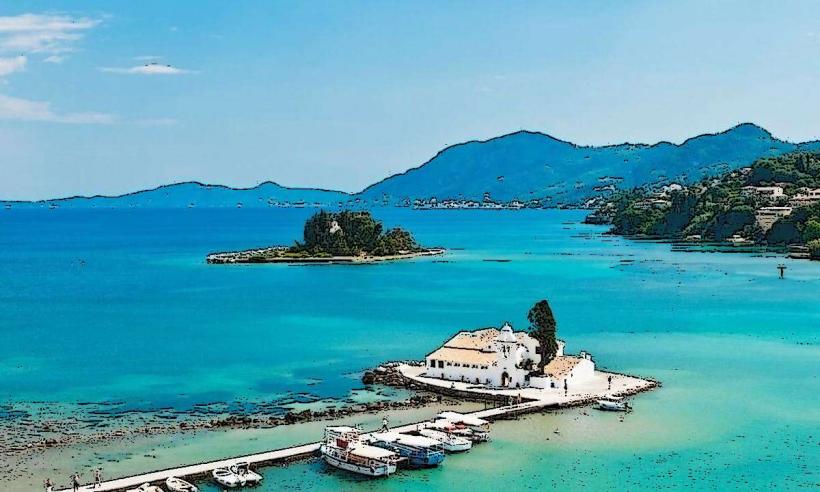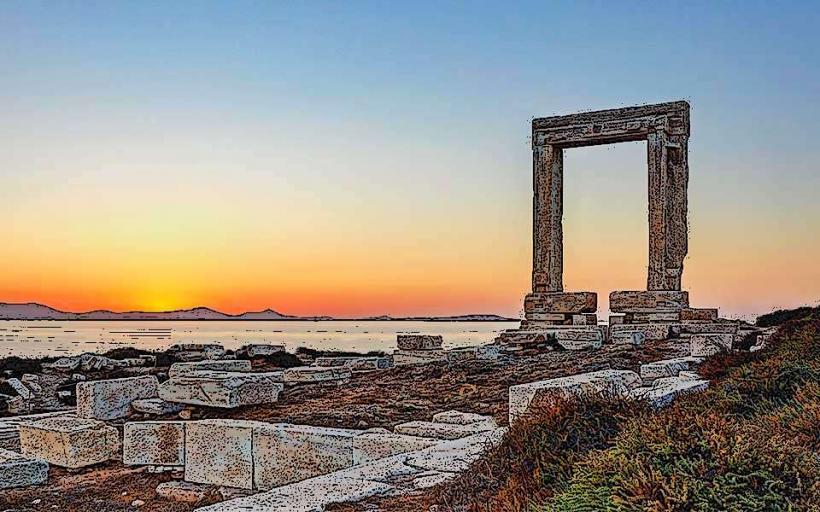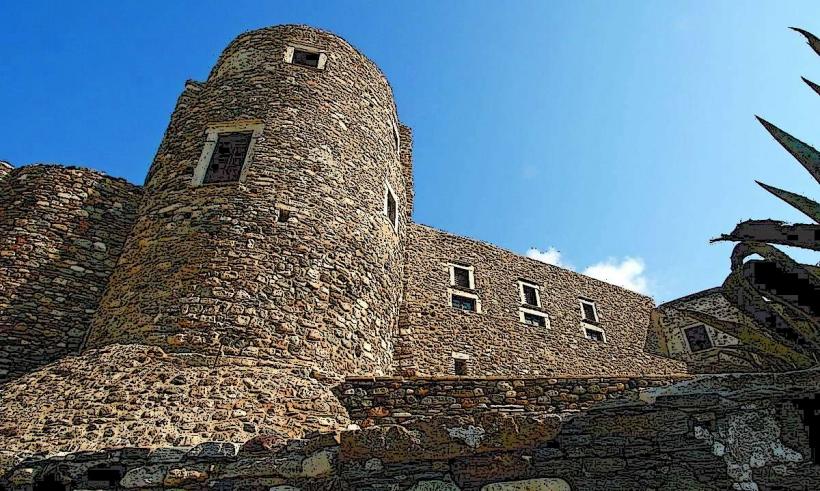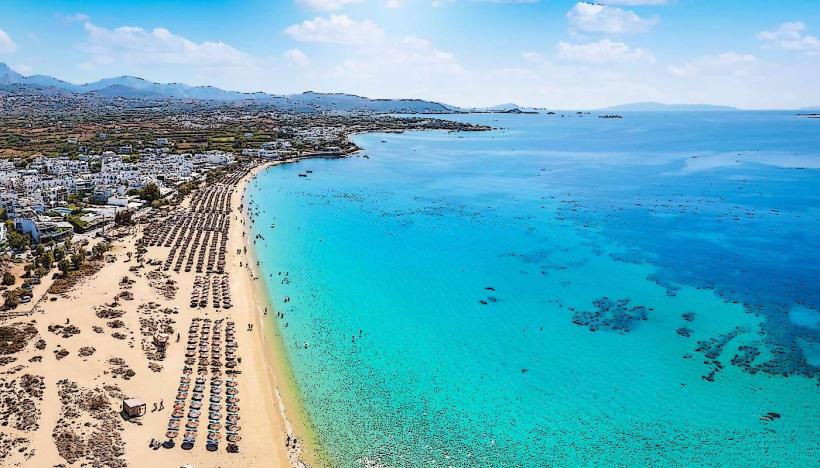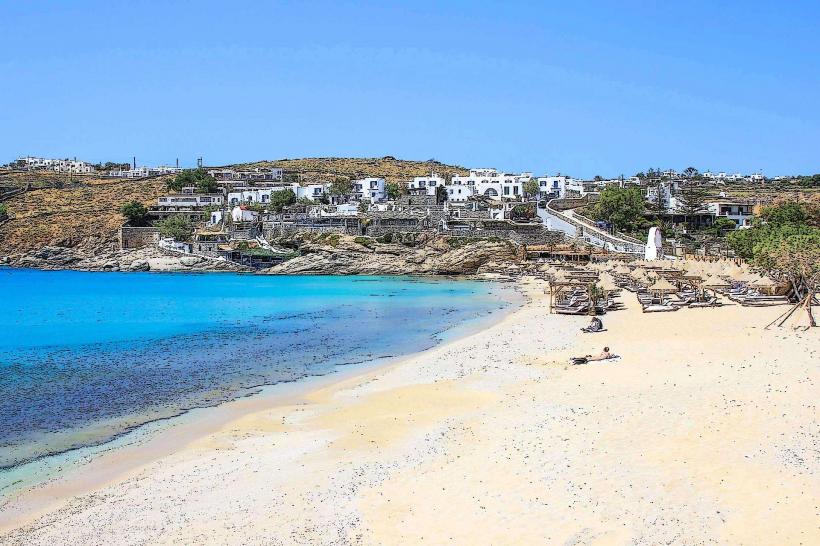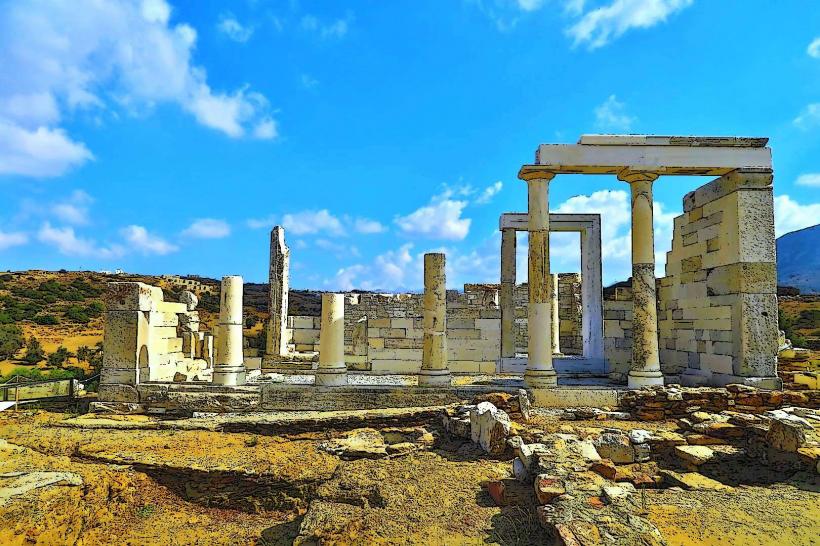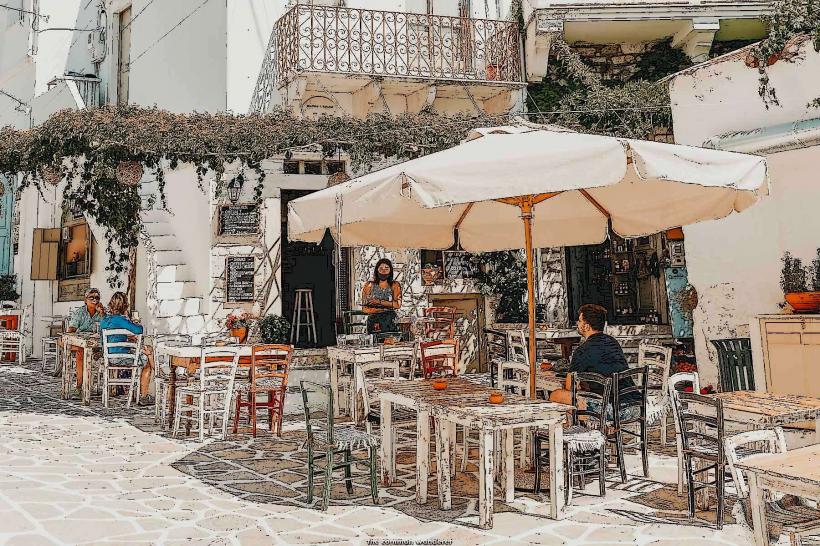Information
Country: GreeceContinent: Europe
Greece, Europe
Greece is located at the southern tip of the Balkan Peninsula, bordered by Albania, North Macedonia, and Bulgaria to the north, and Turkey to the northeast. It is defined by its extensive coastline along the Aegean, Ionian, and Mediterranean Seas, comprising approximately 6,000 islands and a mountainous mainland, with Athens serving as the capital city.
History & Culture
Modern Greece achieved independence from the Ottoman Empire following the 1821 revolution (officially recognized in 1830). Major political eras include the ancient Classical period, the Byzantine Empire, Ottoman rule, and the transition from a monarchy to the current Third Hellenic Republic (1974). 98% of the population identifies as Greek Orthodox. The primary national holiday is Independence Day (March 25). Social etiquette emphasizes filotimo (honor and hospitality), direct communication, and the importance of family-centric social gatherings; it is customary to remove shoes in some households and dress conservatively when visiting monasteries or churches.
Language & Communication
The official language is Modern Greek. English proficiency is High in urban centers, the tourism sector, and among the younger population. Significant regional dialects include Cretan, Pontic, and Tsakonian, though Standard Modern Greek is the universal medium for education and government.
Population & Economy
The population is approximately 10.4 million, with 80% residing in urban areas, primarily Athens and Thessaloniki. Top export commodities are refined petroleum, medicines, aluminum, and olive oil. GDP per capita is approximately $23,000 USD. The economy is heavily driven by the services sector, with tourism and shipping accounting for a combined 25-30% of GDP.
Visa & Entry Policy
As a core member of the Schengen Area, Greece allows visa-free entry for citizens of the US, UK, and Canada for up to 90 days within a 180-day period. Starting in late 2026, visa-exempt travelers must obtain an ETIAS authorization prior to arrival. Passports must be biometric and valid for at least three months beyond the intended departure date.
Currency & Payment Systems
The currency is the Euro (EUR). Card payments and contactless "tap" systems are universal in cities and most tourist islands. Cash remains necessary for small island tavernas, street kiosks (periptera), and rural markets. ATMs are abundant, but third-party "tourist" ATMs often charge significantly higher fees than local bank machines (e.g., Alpha Bank, Piraeus Bank).
National Transport Grid
Inter-city travel is facilitated by a massive ferry network (Blue Star, Hellenic Seaways) and an extensive domestic flight network connecting Athens to the islands. On the mainland, the KTEL long-distance bus system is the primary mode of transport. The rail network (Hellenic Train) connects Athens to Thessaloniki and Patras but is limited in geographic scope.
Digital Infrastructure
Primary mobile network providers are Cosmote, Vodafone, and Nova. 4G/LTE coverage is nearly universal; 5G is widely available in Athens, Thessaloniki, and major island hubs. Reliability is high, though signal strength can fluctuate in remote mountainous regions and on small islets.
Climate & Seasonality
Greece has a Mediterranean climate with hot, dry summers and mild, wet winters. The peak travel season is July–August (temperatures often exceeding $35^{\circ}\text{C}$). The "shoulder" seasons (May–June and September–October) offer optimal weather for sightseeing. Northern Greece experiences a more continental climate with cold, snowy winters.
Health & Safety
There are no mandatory vaccines for entry. Environmental risks include high UV exposure, heatwaves, and seasonal wildfires in summer. The universal European emergency number is 112; 166 is specifically for Ambulance, 100 for Police, and 199 for Fire.
Top 3 Major Regions & Cities
Attica: Hub: Athens.
Central Macedonia: Hub: Thessaloniki.
The Cyclades: Hubs: Santorini, Mykonos, Naxos.
Local Cost Index
1L Water: €0.50 ($0.54 USD)
1 Domestic Beer (0.5L): €4.50–€6.00 ($4.90–$6.50 USD)
1 Sim Card (10GB Data Plan): €15.00–€20.00 ($16.30–$21.75 USD)
Facts & Legends
Greece is the site of Mount Olympus, the highest mountain in the country and the mythological home of the Twelve Olympian Gods. A central legend is that of the Minotaur, a half-man, half-bull creature confined within the Labyrinth of Knossos on Crete, which symbolizes the historical dominance and eventual downfall of the Minoan civilization.

